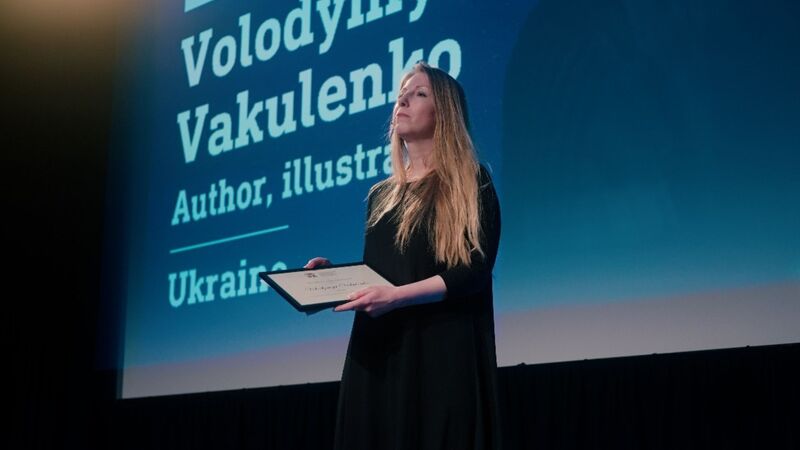You are viewing your 1 free article this month. Login to read more articles.
TLS launches new digital archive with Exact Editions
The Times Literary Supplement has launched a digital archive with publishing company Exact Editions to showcase more than 300 of the literary journal's issues stretching back to 2012.
TLS' 327-strong back catalogue and all of its latest issues will now be available across web, iOS and Android platforms, marking a milestone in the life of the TLS, which has never to date been made available to institutions and individuals in this format.
The journal first appeared in 1902 as a supplement to The Times, becoming a publication in its own right in 1914. Today it features reviews and features from a host of distinguished writers, poets and scholars, including the likes of Italo Calvino, Mario Vargas Llosa and Seamus Heaney.
In Exact Editions' words, the new digital archive will serve as "a unique recording of literary culture across the generations" and "an excellent research tool". Every week more than 40 reviews and essays, from Shakespeare to Schopenhauer, popular theatre to political theory, will be added.
The new digital archive will be available for institutions and individual readers to purchase access to worldwide and benefits from an advanced search function across web and mobile devices, where every article, page and issue from the weekly can be searched, shared and cited.
For individuals, a quarterly online subscription is £24.99 and an annual online subscription £89.99. TLS meanwhile offers institutions a free trial, IP authenticated access and detailed statistical reporting for administrators, with costings for institution-wide access presumably dependent on factors such as student numbers.
Editor Stig Abell commented: "Our aim is to introduce the Times Literary Supplement to as many people as possible, and so we are very pleased to support this new archive. Hopefully, it will be used for both research and pleasure, as there is a whole world of great writing about books and ideas now at people's fingertips.”
Exact Editions m.d. Daryl Rayner added: “Avid readers of the publication will undoubtedly benefit from the state-of-the-art archive, which serves as an excellent research tool on both an individual and institutional level.”
















